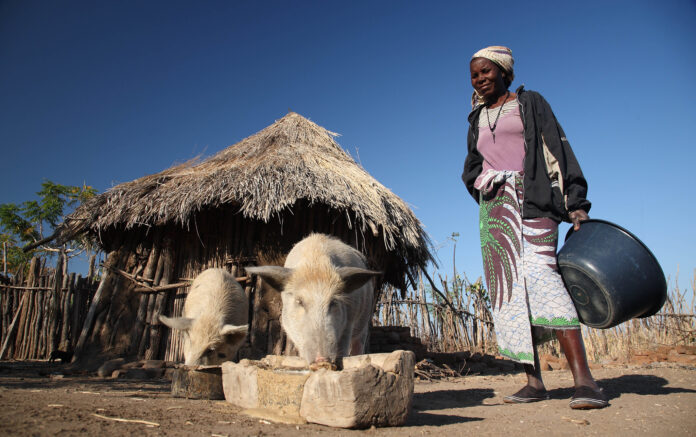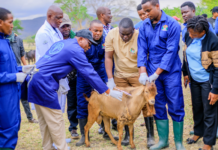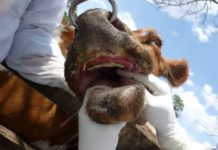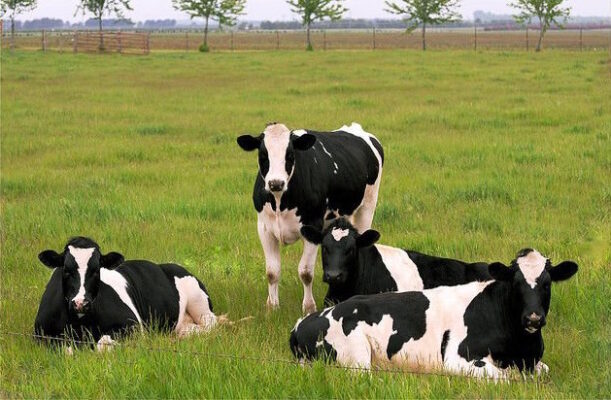An international team of scientists has discovered that a promising African swine fever (ASF) vaccine protects pigs against certain strains of the virus but provides little or no protection against others.
The findings suggest that region-specific vaccines will be needed to tackle one of the world’s most destructive animal diseases.
The research was led by the U.S. Department of Agriculture’s (USDA) Plum Island Animal Disease Center together with the International Livestock Research Institute (ILRI).
The team tested a commercial live-attenuated vaccine candidate, ASFV-G-ΔI177L, against several ASF virus strains collected from across Africa.
Results showed that while the vaccine worked well against some strains, its effectiveness varied greatly depending on the virus type.
A global animal health threat
ASF is a highly contagious and often fatal disease of domestic pigs and wild boars. Currently, no globally approved commercial vaccine exists.
The disease is widespread in parts of Africa, and in recent years outbreaks have caused major losses in Asia and Europe.
The impact has been severe: millions of pigs have been lost, food security has been threatened, and farming communities have seen their livelihoods undermined.
Smallholder farmers in low- and middle-income countries, who mostly raise pigs in backyard systems, have been hit hardest, with women and youth especially vulnerable.
Beyond Africa, Asia, and Europe, ASF also poses a major threat to North America. In the United States, the swine industry generated over USD 27 billion in gross cash receipts in 2023. Canada’s pig industry contributed CAD 6.3 billion in 2024. These figures highlight the huge economic risks if ASF were to spread further.
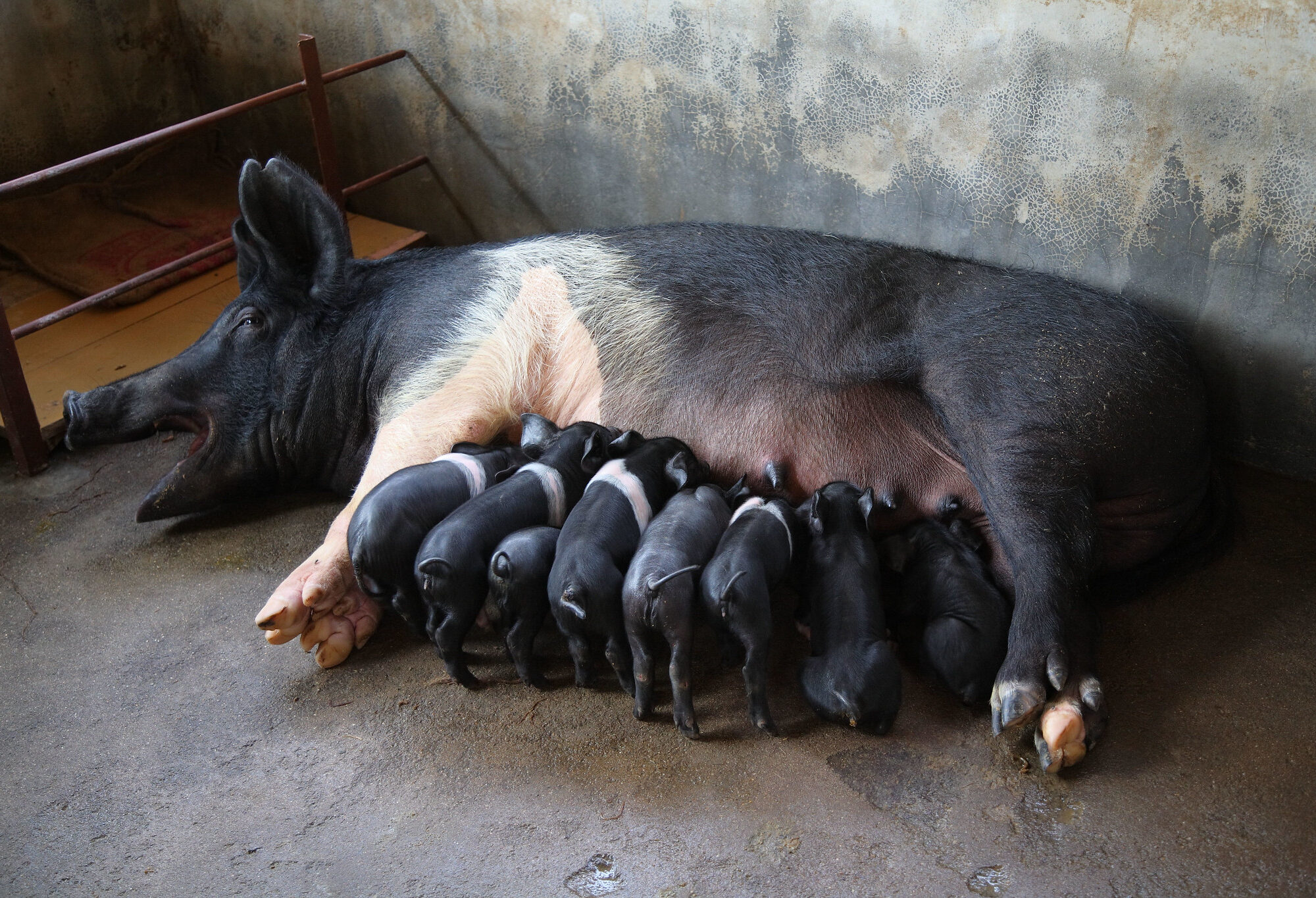
What the research found
- Strong protection: Pigs vaccinated and then exposed to the same strain used to develop the vaccine remained healthy, while unvaccinated pigs quickly died.
- Partial protection: About 80% of vaccinated pigs survived when exposed to a genetically different strain found in Ghana.
- No protection: The vaccine failed against several other genetically distinct strains from Malawi, Kenya, South Africa, and Uganda, despite triggering strong immune responses.
New approaches needed
The study showed that the traditional method of classifying ASF viruses by a single gene (p72) is not enough to predict whether a vaccine will work. For example, two viruses with identical p72 sequences—Georgia2010 and Pret4—gave very different results when tested in vaccinated pigs.
USDA scientists have now developed a new classification method that looks at all of the virus’s protein-coding genes. This offers a more accurate way to match vaccines to the strains circulating in different regions.
“Although much further corroborative experimental work is needed, the classification developed will likely be the only available rational approach for deciding vaccination procedures to control and manage ASFV outbreaks,” said USDA scientist Manuel Borca.
“This research reinforces the need to rethink our ASF vaccine strategies,” added Anna Lacasta, Senior Scientist at ILRI. “A one-size-fits-all solution is unlikely. We need targeted vaccines aligned with the regional virus biotypes to maximize protection and control outbreaks. There is need to support the development and licensing of vaccines based on circulating ASFV biotypes.”
The team concluded that more work is needed to refine vaccines that match virus types found in different areas and to explore new designs that could provide broader protection.


